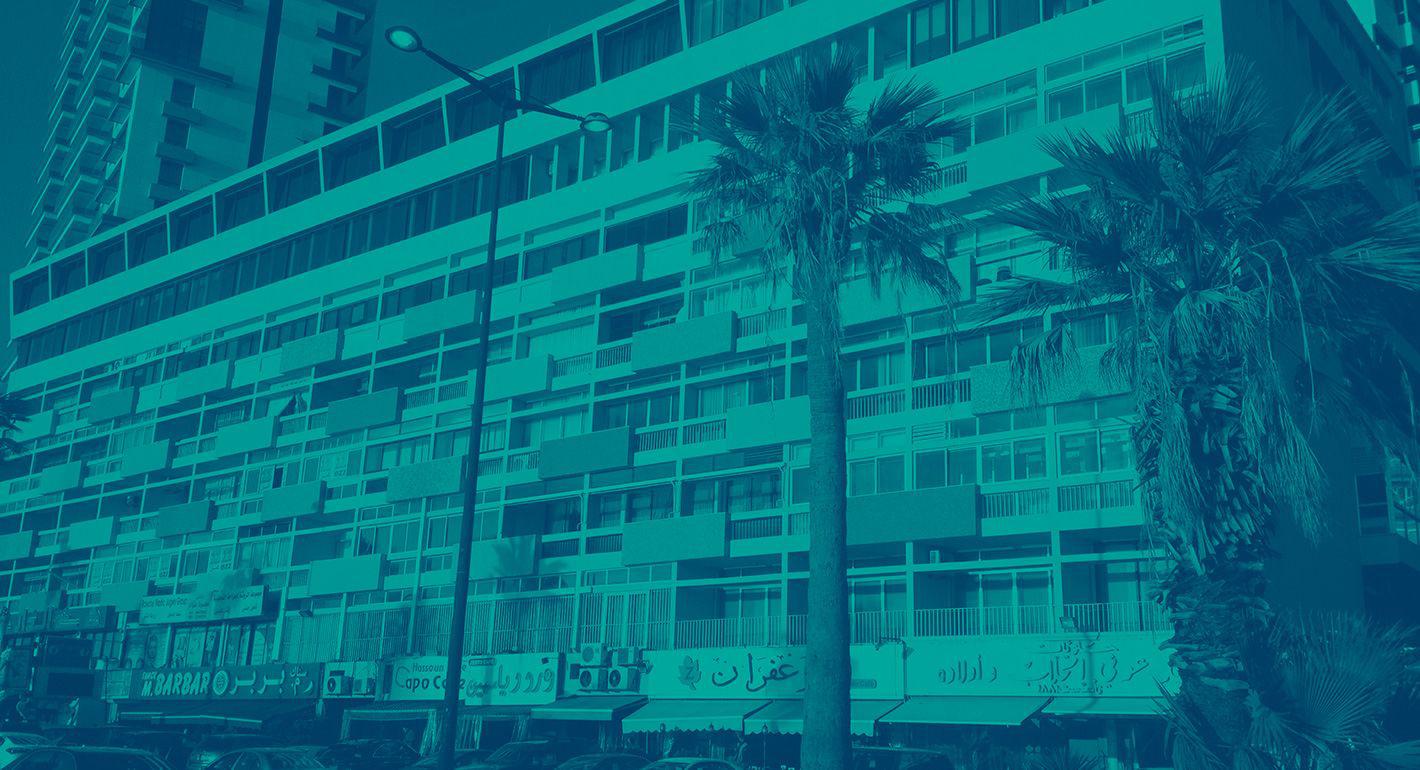Registration
You will receive an email confirming your registration.
Millions of children across the Arab world are at risk of failing to come to grips with and respond adequately to a series of technological, economic, social, political, and security challenges they may face in their lives. This is a result of the region’s degraded educational systems, which are plagued by inequality, lack of creativity, and a heavy reliance on outmoded curricula whose primary outcome is to keep in place a debilitating status quo.
Sadly, most of the region’s education systems have proven to be woefully incapable of preparing young people for the workplace. This has become starkly evident over the past decade, with the region’s students scoring poorly in global rankings and lacking the skills needed to participate effectively in the modern workplace. The coronavirus pandemic, political unrest, and armed conflict have deepened the malaise affecting the region’s schools and universities, which desperately need an injection of creativity and genuine reform.
In light of this, the Malcolm H. Kerr Carnegie Middle East Center is launching a new report: “Innovation and New Directions: Searching for Novel Paths in Arab Education Reform.” Its authors examine the state of education in the Arab region and offer recommendations to local policymakers, officials, and international organizations involved in education, as well as teachers and parents. These recommendations draw lessons from reform programs adopted in Qatar, Egypt, and Jordan, as well as from the Tamam project for “school-based reform,” which operates in eight Arab countries.
The Center cordially invites you to a public seminar with some of the study’s authors to discuss the report’s findings and recommendations, and to discuss possible paths forward in light of the educational challenges that students in the Middle East are facing.
The discussion will be held in Arabic on Monday, November 21, from 12:00 to 13:15 p.m., Beirut time. Attendees may ask questions via the chat window on Facebook and Youtube during the seminar.
